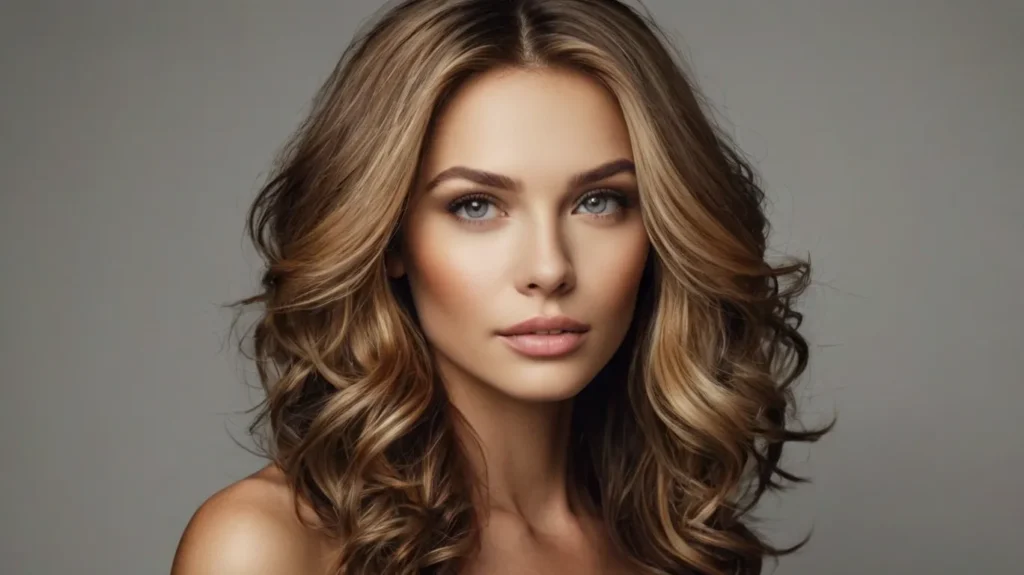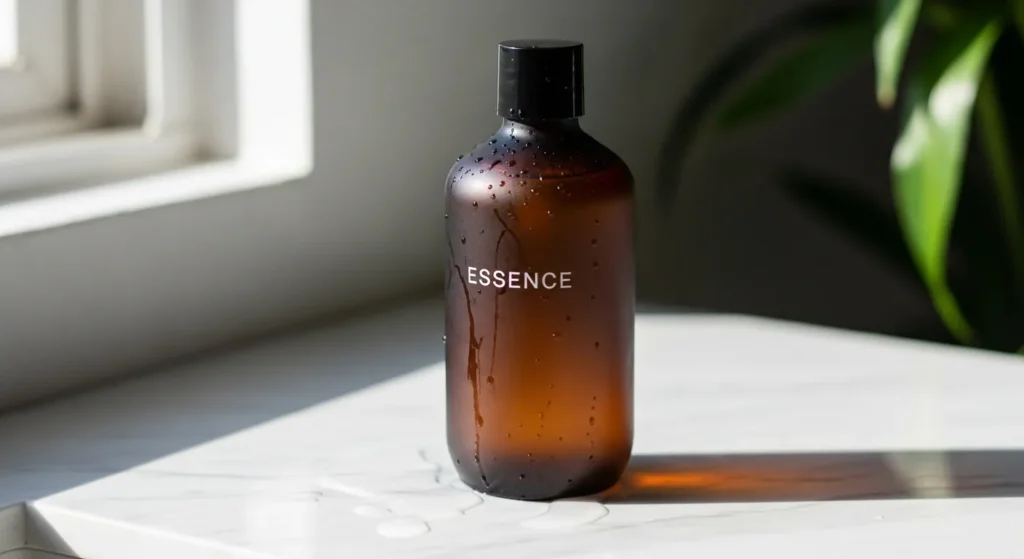Hair loss can be emotionally challenging, but the right hairstyle can make all the difference. In this guide, we’ll explore the best hairstyles to hide hair loss, helping you feel more confident, stylish, and in control.
From strategic cuts for thinning areas to expert styling tips, you’ll discover how to boost volume and disguise sparse spots with ease. Whether you’re male or female, this article provides practical, professional advice to help you regain your confidence, without waiting for regrowth.
Understanding Hair Loss and Why Camouflaging Matters

Hair loss isn’t just a cosmetic issue—it can impact your self-esteem and mental health. Whether you’re experiencing temporary thinning, pattern baldness, or hair shedding due to stress or medical reasons, knowing how to manage your appearance is empowering.
Common Causes of Visible Hair Thinning
- Androgenetic alopecia (pattern baldness) in both men and women
- Stress-induced telogen effluvium
- Alopecia areata, a patchy autoimmune form of hair loss
- Postpartum hair thinning
- Hair damage from chemical treatments or tight hairstyles
How Hairstyles Influence the Appearance of Volume
The right haircut can:
- Redirect attention away from thinning areas
- Create the illusion of fuller hair
- Improve confidence during regrowth or treatment
Psychological Benefits of a Good Hairstyle
Feeling in control of your appearance can reduce anxiety and improve your overall mood. A well-thought-out hairstyle can also buy you time while exploring treatment options such as PRP therapy or FUE hair transplant.
Best Hairstyles for Women to Conceal Hair Loss
Hair thinning in women often occurs along the part line or crown. These styles create volume and minimize visibility.
Pixie Cut with Texture
This shortcut reduces weight, making fine hair appear thicker. The added texture distracts from sparse areas and adds dimension.
Pro Tip: Ask your stylist for choppy layers and use a light-hold wax to shape volume.
Bob with Side Part or Layers
Bobs—especially with a side part—help cover a thinning crown or part line. Layers create movement and volume.
Crown Braids and Headband Styles
Braids at the crown or decorative headbands conceal frontal thinning effectively. They work well with both medium and long hair.
Messy Buns and Top Knots
These updos create volume at the crown. Keep it loose to avoid tension on fragile strands.
Half-Up Styles for Frontal Thinning
Half-up ponytails or buns provide volume at the back while minimizing focus on the front hairline.
Best Hairstyles for Men to Cover Thinning Hair
Men often face hair loss at the crown or hairline. These styles blend and balance thinning areas.
Buzz Cut or Crew Cut for Diffuse Thinning
Keeping hair short reduces the contrast between bald and covered areas. The buzz cut especially removes the stigma of hiding hair loss.
Textured Crop or Caesar Cut
Short at the sides and textured on top, this style adds bulk to the crown and forward area. Works well for early-stage hair thinning.
Comb-Over (Done Right)
Forget the old-school sweeping comb-over. Today’s version involves short sides and a gently swept top to one side using styling paste, not gel.
Expert Insight: According to Islamabad-based stylist Ali Farooq, “A natural part with volume on top—not slicked down—works best for men with receding hairlines.”
Fade or Taper for Strategic Blending
Tapered sides with longer hair on top distract from bald spots and help blend uneven density.
Strategic Styling Tips for Thinning Areas
Beyond the haircut, how you style and care for your hair makes a major difference.
How to Part Your Hair to Reduce the Visibility of Bald Spots
- Avoid middle parts if your hair is thinning at the crown
- Deep side parts can hide patchy areas
- Zig-zag parts scatter visible scalp lines
Use of Volumizing Products and Fibers
- Root-boosting sprays create lift
- Hair fibers (like Toppik) cling to existing hair, reducing scalp visibility
- Dry shampoo adds texture and reduces oil that can flatten hair

Tips for Using Hair Toppers or Extensions Discreetly
Choose lightweight toppers that match your natural hair texture and color. Secure them gently to avoid breakage.
Haircuts to Avoid When Dealing With Hair Loss
Not every trend works well with thinning hair. These styles can make hair loss more noticeable.
Middle Parts with Straight Flat Styles
This exaggerates the part line and exposes the scalp. Avoid unless paired with extensions or a topper.
Slick-Back or Wet Looks
These styles highlight the shape of the scalp and emphasize thinning areas.
Long Layers Without Texture or Volume
Flat, lifeless layers drag hair down and make it look thinner. Opt for airy layers or a blunt cut with volume.
Tools and Products That Support Thinning Hair Styling
Volumizing Sprays, Mousses, and Dry Shampoo
- Use alcohol-free volumizers to prevent drying the scalp
- Dry shampoos provide both oil control and lift
Hair-Building Fibers and Powders
Available in various shades, these products stick to hair strands and give a fuller look instantly.
Best Combs and Brushes for Fragile Hair
Use:
- Wide-tooth combs for detangling
- Boar bristle brushes for even oil distribution
Avoid: - Fine-tooth combs that pull and break hair
Expert Styling Advice and Maintenance Tips
When to Consult a Stylist Experienced with Hair Loss
Stylists familiar with hair loss can:
- Recommend flattering cuts
- Guide on proper products
- Offer wig/topper styling tips
How Often to Trim Thinning Hair
Trimming every 6–8 weeks:
- Prevents split ends
- Maintains shape
- Keeps hair looking healthy and voluminous
Protecting Hair While Styling to Prevent Further Damage
- Use heat protectants before blow-drying or straightening
- Avoid over-styling with heat tools
- Skip tight hairstyles like ponytails or cornrows
Frequently Asked Questions (FAQs)
What is the best haircut for thinning hair on top?
A textured crop or layered bob works well by adding lift and disguising the scalp.
Can I still grow my hair long if I have hair loss?
Yes, but long styles require extra care. Add layers, avoid tight ponytails, and use volumizers.
Do certain hairstyles make hair loss worse?
Yes—tight buns, cornrows, and slicked-back looks can increase tension and lead to traction alopecia.
How do I talk to my barber or stylist about hair thinning?
Be open. Ask for volume-boosting cuts, styling recommendations, and express your concerns. Most stylists are trained to help discreetly.
Take the Next Step: Personalized Hair Loss Help
Looking for more than just styling tips? Book a consultation at Dr. Rana Irfan’s Clinic in Islamabad today. Our team of ABHRS-certified experts provides medical and non-surgical hair restoration solutions tailored to your needs.
Don’t let hair loss dictate your confidence—get personalized guidance that works.
